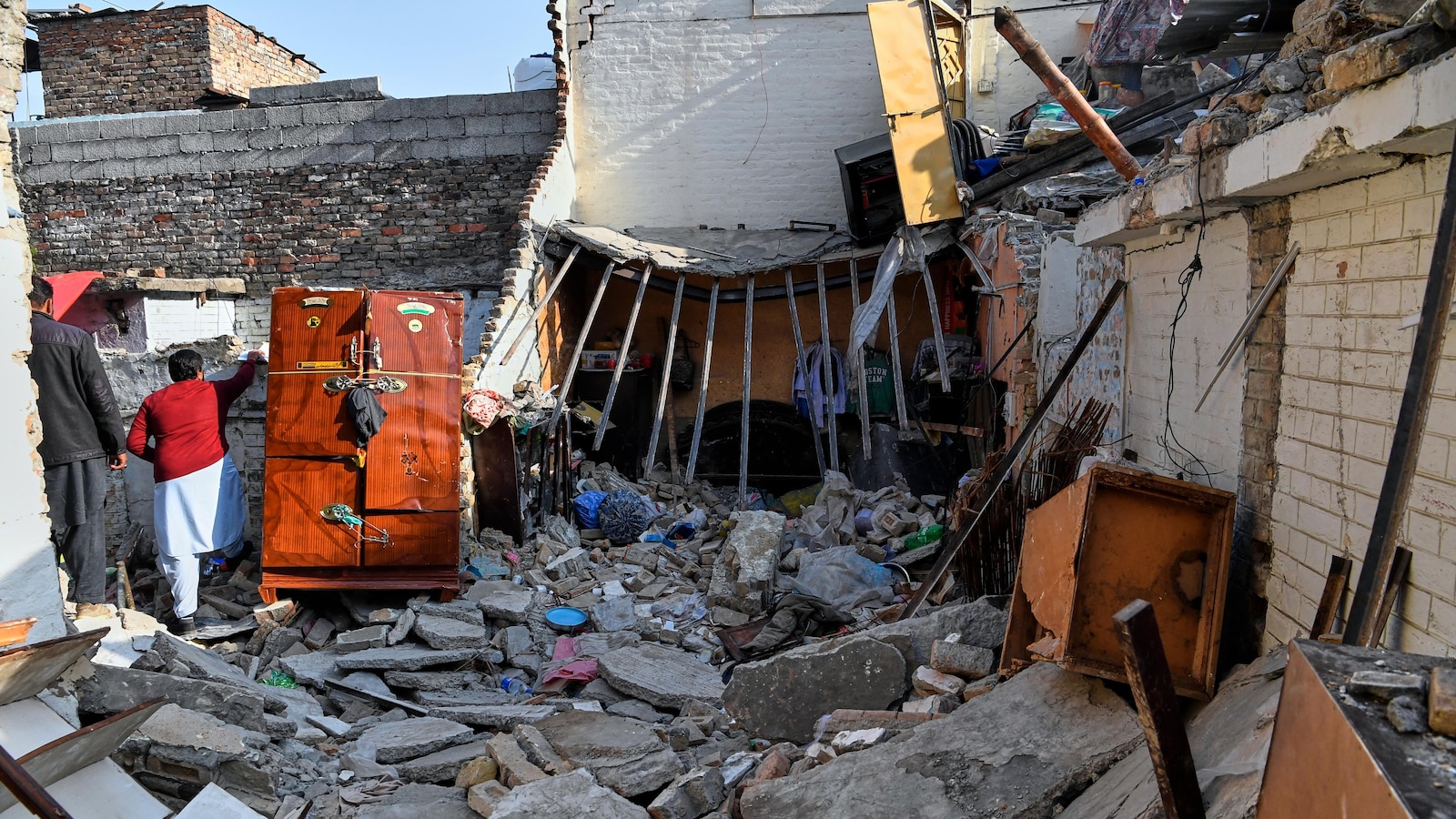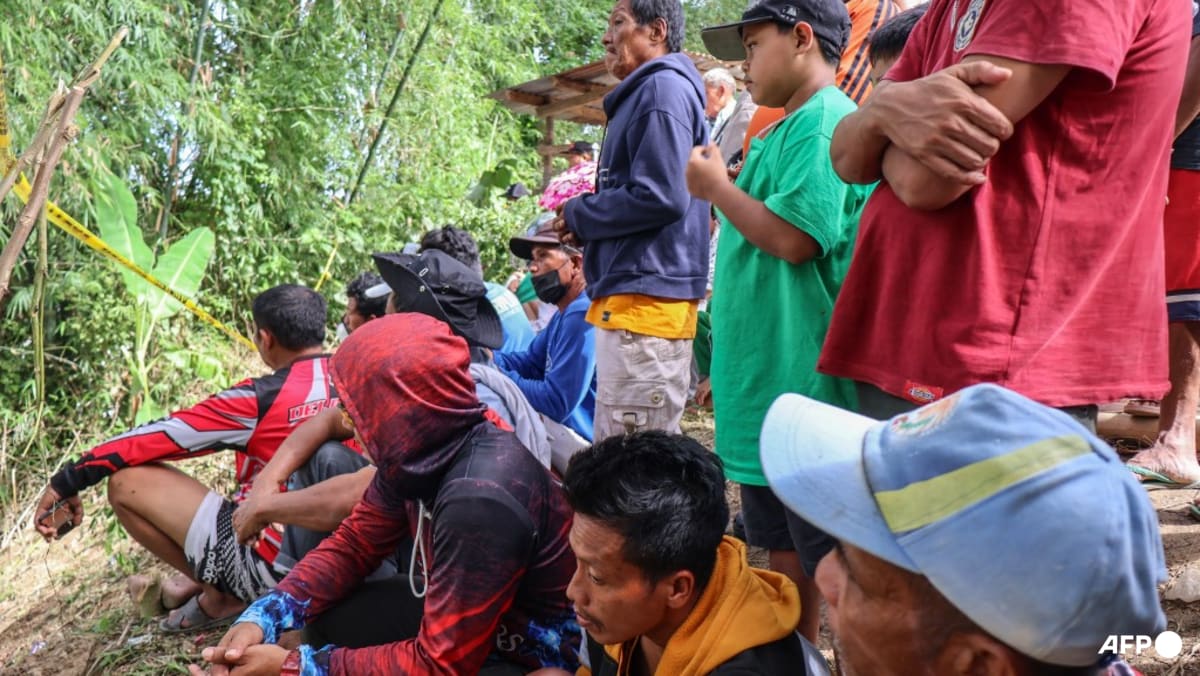‘We’re going to sink’: Hundreds abandon Caribbean island home

CARTI SUGTUPU, Panama: On a tiny Caribbean island, hundreds of people are preparing to pack up and move to escape the rising waters threatening to engulf their already precarious homes.
Surrounded by idyllic clear waters, the densely populated island of Carti Sugtupu off Panama’s north coast has barely an inch to spare with houses crammed together – some jutting out into the sea on stilts.
The island’s Indigenous community of fewer than 2,000 souls scrapes by without potable water or sanitation.
They live off fishing, the harvesting of starchy crops like cassava and plantain, traditional textile production and a bit of tourism.
It is not an easy life, with intense heat and a lack of public services adding to the discomfort of overcrowded conditions on an island the size of five football fields.
And now, climate change-induced sea level rise is threatening to make life even more difficult.
With homes already flooded on a regular basis, experts say the sea will engulf Carti Sugtupu and dozens of neighbouring islands in the Guna Yala region by the end of the century.
Forty-nine of the isles are populated, and rest less than 1m above sea level.
“We have noticed that the tide has risen,” retired teacher Magdalena Martinez, 73, told AFP as she sat embroidering a brightly coloured toucan onto a “mola” cloth traditional to the Guna people on Carti Sugtupu.
“We think we’re going to sink, we know it’s going to happen,” she said.
Martinez is one of hundreds of inhabitants of the island expecting to move soon to a settlement on mainland Panama newly built by the government – a move that may save the islanders, but puts at risk their culture and way of life.
“This will change our lifestyle quite a bit,” said Martinez. But, she added, “it won’t change our spirit, it won’t change our habits”.
“The fact is that with sea levels rising as a direct cause of climate change, almost all the islands are going to be abandoned by the end of this century,” Steven Paton, a scientist at the Panama-based Smithsonian Tropical Research Institute, told AFP.
Source: CNA















